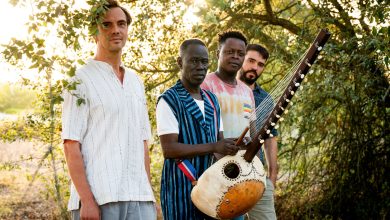Film ‘Até que o porno nos separe’ awarded in the Netherlands
Jorge Pelicano’s film ‘Até que o porno nos separe’ (Until the porn do us part) was honored Sunday at the Roze Filmdagen festival in Amsterdam, the company revealed until the end of the world.
According to the filmmaker, it was “a story about a special revelation that proves that unconditional love ultimately overcomes its own aversions.”
In addition to having been honored at this festival dedicated to LGBTQ cinema (lesbian, gay, bisexual, transsexual and queer), ‘Até que o porno nos separe’ continues the way for foreign festivals. In April she will be at the Days of European Film Festival (Czech Republic), LGBTIQ Cinema Festival of Niemeyer Center (Spain) and Pink Aplle – Lesbian & Gay Film Festival (Switzerland).
The film has a commercial debut on May 1st in Portugal.
‘Até que o porno nos separe’ (Until the porn do us part) follows a mother’s transformation after discovering that the son is a pornographic gay actor.
In this film, Jorge Pelicano records the emotional journey of Eulália, a Catholic and conservative, living in the outskirts of Porto, who begins a process of approaching the son, after discovering that he emigrated to Germany is the first gay porn actor ‘Portuguese, awarded abroad.
The idea of the documentary came a few years ago, with the documentarist wanting to address how parents handle their children’s choices, while at the same time exploring the world of pornography in an approach that was not centered on actors and actresses. the backstage of this sector, he said, when the film was part of the Caminhos do Cinema Português festival in Coimbra last November.
The possibility of filming Eulalia, at the age of 65, and son Sydney Fernandes in 2016, at a time when “things were still not resolved between mother and son,” he said, emphasizing that he likes “stories and characters still in process of transformation “.
In a documentary in which the father almost does not appear – “men have more difficulty accepting” -, the director understands that the film was also “a kind of liberation” for Eulalia.
“During the filming process, [Eulália] had the opportunity to meet other people who were also in the same situation, that the children had also had choices that were against the principles of their own parents. in the world, and sharing its history – whether with other people or the document – was a liberation for her and ended up strengthening her, “he said.






